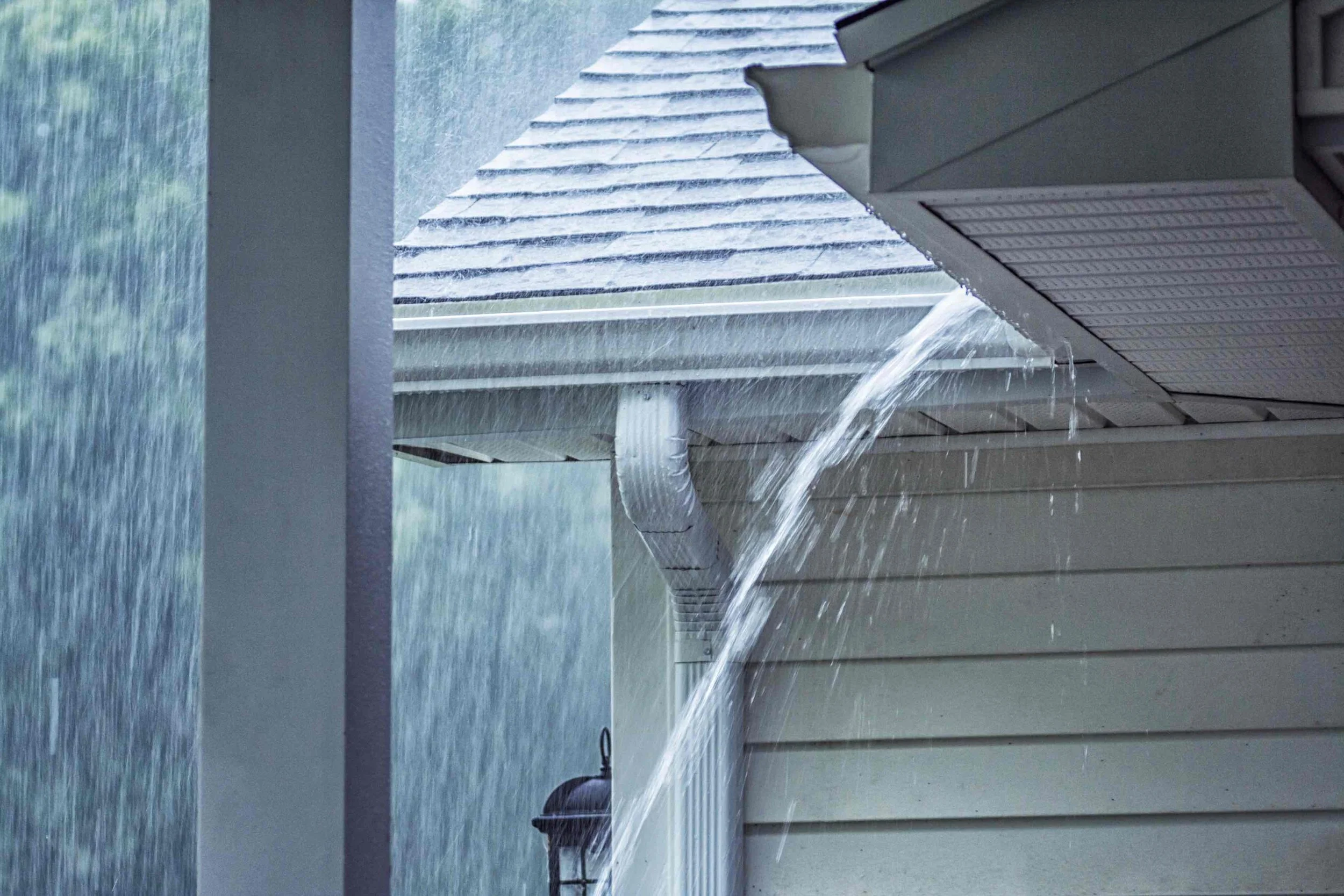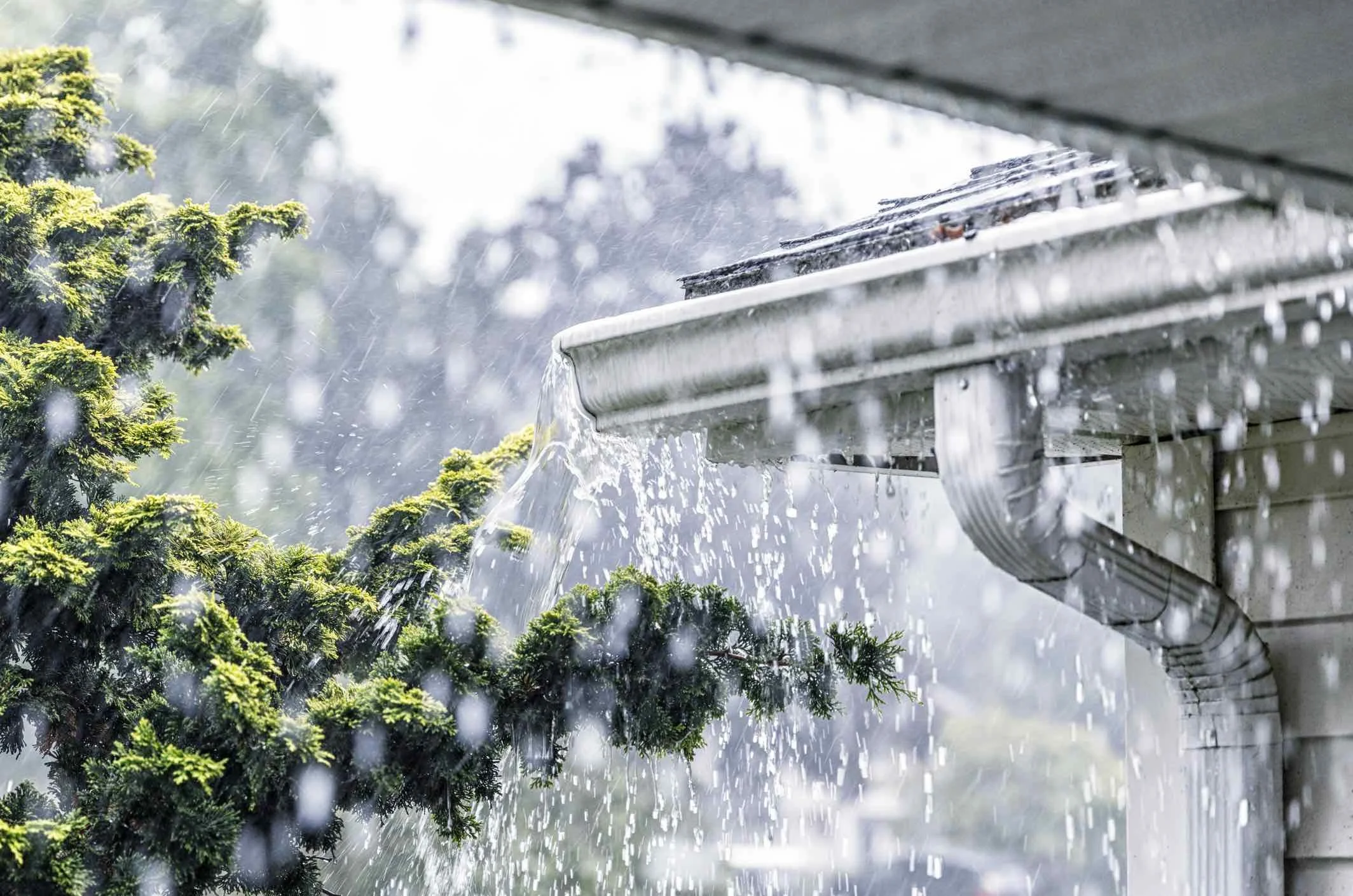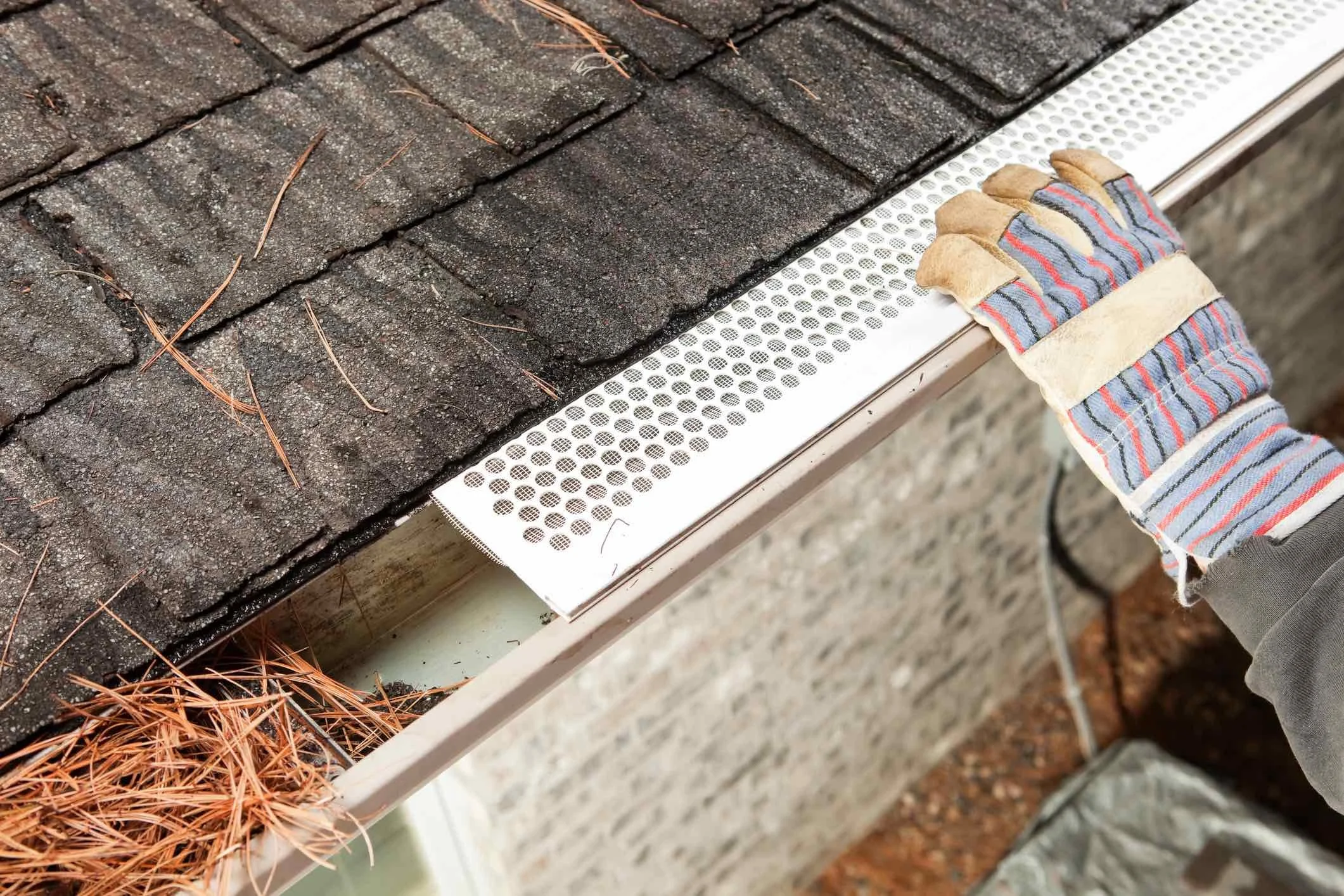Do Gutter Guards Work in Heavy Rain? - Overflow Evaluation
Gutters are an essential part of your home's drainage system, protecting it from water damage caused by heavy rain. However, when gutters become clogged with debris, they can fail to function properly, leading to overflowing and potential damage to your property. To prevent this, many homeowners turn to gutter guards as a home improvement solution. But do gutter guards really work in a downpour? In this comprehensive guide, we will explore the effectiveness of gutter guards in heavy rainfall and provide you with all the information you need to make an informed decision for your home.
Understanding the Purpose of Gutter Covers & Guards
Gutter guards, also known as gutter covers or gutter screens, are installed over your existing gutters to prevent debris from entering and clogging the system. They come in various types and designs, but their primary function is to allow water to flow freely through the gutters while keeping leaves, twigs, and other solids out. By blocking debris, gutter guards can help maintain the efficiency of your gutters and reduce the need for regular cleaning.
Common Causes of Gutter Overflow in Heavy Rain
Before we delve into the effectiveness of gutter guards in heavy rain, let's explore the common causes of gutter overflow during heavy rainfall. It's important to understand that gutter guards alone may not solve all issues related to heavy downpours. Here are three common causes to consider:
Clogged Gutters
One of the main reasons gutters flood when you experience heavy rain is due to clogs caused by debris accumulation. Leaves, twigs, and other solids can build up in your gutters and block the flow of water. While gutter guards keep debris from entering the gutters, they may not completely eliminate the need for occasional cleaning. Regular maintenance is still necessary to remove smaller particles and ensure proper flow.
Inadequate Gutter Size
Having gutters that are too small for your roof's size and the inches of rain in your area can also cause overflowing gutters. If your gutters are unable to handle the volume of water during substantial rain, it can quickly overwhelm the system and cause water to spill over the sides. Proper sizing and installation of gutters based on your roof's surface area and the local rainfall intensity are crucial to ensure effective water drainage.
Improper Gutter Slope
The slope or pitch of your gutters plays a vital role in directing water towards the downspouts. If the slope is not properly calibrated, water may not flow efficiently and can accumulate in certain areas. Gutters should have a slight downward slope of around ½ inch per 10 feet to allow rainwater to flow smoothly. Longer gutters may require a different slope setup. Ensuring the correct gutter slope during installation is essential for optimal water drainage.
The Effectiveness of Gutter Guards in Heavy Rain
Now that we've covered the common causes for gutters to overflow, let's address the primary question: Do gutter guards work during heavy rain? The answer is not a simple yes or no, as their effectiveness depends on various factors, including the type of gutter guard, installation quality, and proper maintenance. Here's what you need to know:
Types of Gutter Guards
Gutter guards come in different types, including mesh screens, foam inserts, brush guards, and micro-mesh guards. Each type has its pros and cons, and their effectiveness in substantial rain can vary. Mesh or screen guards are considered highly effective in preventing debris from entering the gutters while moving water away from your home. These guards have extremely small openings that block even the smallest debris, making them a popular choice for areas with heavy rainfall.
Installation Quality
The quality of the gutter guard installation is crucial for its effectiveness. Poorly installed gutter guards can lead to gaps or misalignment, allowing debris to bypass the guards and clog the gutters. It's essential to hire a professional gutter contractor with experience in installing high-quality gutter guards. A properly installed gutter guard system should fit securely and seamlessly with your existing gutters, ensuring optimal performance during unusually strong rain.
Proper Maintenance
While gutter guards can significantly reduce the frequency of gutter cleaning, they do not eliminate the need for maintenance entirely. Over time, small particles and sediment can accumulate on the surface of the gutter guards, impeding rain flow. Regular inspection and cleaning of the gutter guards are necessary to ensure their continued effectiveness. Removing any debris or buildup will help maintain proper drainage and ensure proper gutter flow during heavy rain.
Choosing the Best Gutter Guards for Heavy Rain
When selecting gutter guards, it's important to consider guards that can handle unusual rainfall. In order to choose the right gutter guard, here are some key considerations:
Micro-Mesh Guards
For areas with heavy rainfall, micro mesh guards are often the best choice. These screen gutter guards feature an extremely fine mesh that prevents even the smallest debris out of your gutters. The micro-mesh design allows for maximum water flow while keeping out unwanted debris. Look for high-quality micro mesh guards with a sturdy metal frame for long-lasting performance.
Durability and Weather Resistance
Gutter guards should be able to withstand the rigors of a downpour and other weather conditions. Choose guards made from durable materials such as aluminum or stainless steel that can resist rust, corrosion, and damage from UV rays. Ensuring that the guards are designed to withstand heavy rain and extreme weather will help maintain their effectiveness over time.
Proper Sizing and Fit
To ensure optimal performance, the gutter guards should be properly sized and fitted to your gutter system. Ill-fitting guards can create gaps or allow debris to bypass the system, leading to clogs and gutter failure. It's best to consult with a professional gutter contractor who can recommend the right size and gutter type for your specific needs.
Additional Tips for Maintaining an Efficient Gutter Protection System
To maximize the effectiveness of your gutter system, here are some additional tips to keep in mind:
Regular Inspections
Regularly inspect your gutters and gutter guards for any signs of damage, misalignment, or clogs. Addressing issues promptly can help prevent further damage and ensure optimal water drainage away from your home.
Routine Cleaning
While gutter guards can reduce the frequency of gutter cleaning, it's still important to perform routine maintenance and clean your gutters if necessary. Remove any debris or buildup from the top of the gutter guards and clear any clogs in the gutters to maintain proper water flow.
Downspout Maintenance
Ensure that your downspouts are clear of any obstructions and properly directing water away from your home's foundation. Regularly check for any damage or blockages in the downspouts and address them promptly.
Professional Inspection and Maintenance
Consider scheduling regular professional inspections and maintenance for your gutter system. A professional gutter contractor can identify potential issues, perform necessary repairs, and provide expert advice on maintaining an efficient gutter system.
Conclusion: How Gutter Guards Work In Heavy Rain
Gutter guards can be effective in preventing debris from clogging your gutters and maintaining proper water flow, even during heavy rain. However, their effectiveness depends on various factors, including the gutter guard type, installation quality, and proper maintenance. Choosing high-quality micro-mesh guards, ensuring proper installation, and performing routine maintenance will help maximize the efficiency of your gutter system, providing protection against water damage and flooding. By taking these steps, you can enjoy the benefits of an efficient gutter system that effectively handles heavy rain and protects your home.





